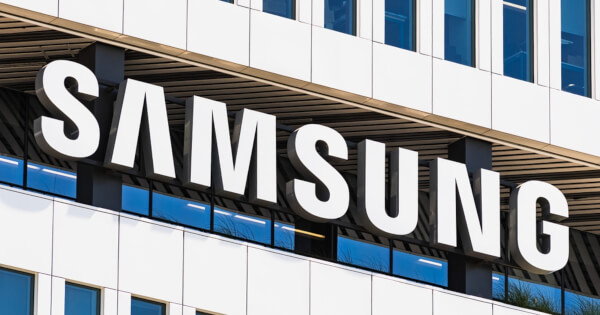Samsung Electronics secures $6.4 billion in U.S. government subsidies to expand chip manufacturing in Texas

. . .
Samsung Electronics, a global leader in semiconductor technology, recently announced that it has secured a total of $6.4 billion in U.S. government funding to expand its chip manufacturing facility in Texas. America’s domestic chip production capacity will be greatly enhanced by major investments, particularly in sectors such as aerospace, defense, and automotive.
The Chips and Science Act of 2022, legislation signed by President Joe Biden, provides funding for this expansion. The bill’s goal is to improve and revive the nation’s production of cutting-edge computer chips. Government support and private investment are expected to total more than $40 billion, which will significantly strengthen the semiconductor sector.
By creating a cutting-edge semiconductor ecosystem in Texas, the planned initiative will bring Texas to the forefront of chip production.
Two production facilities capable of producing 2-nanometer and 4-nanometer chips essential for cutting-edge technology applications are part of the expansion plans.
Specific research and development facilities will also be built to promote creativity and technological innovation in the semiconductor industry.
A packaging plant that assembles and packages chip components is another component of the project.
The first factory is scheduled to open in 2026 and the second factory in 2027.
Additionally, the funding will help Samsung expand its current semiconductor manufacturing plant in Austin, Texas, strengthening the company’s presence in the region.
The project is expected to significantly strengthen the local economy by creating more than 4,500 manufacturing jobs and approximately 17,000 construction jobs.
Expanding its chip production capacity will help Samsung achieve its goal of producing 20% of the world’s cutting-edge chips in the United States within 10 years.
Critical sectors such as automotive, aerospace and defense are experiencing rapidly increasing demand for sophisticated chips, which will be met in part by expanding manufacturing capacity.
It will also strengthen America’s national security by allowing Samsung to produce semiconductors directly for the Department of Defense and reduce dependence on external suppliers.
Image source: Shutterstock
. . .



